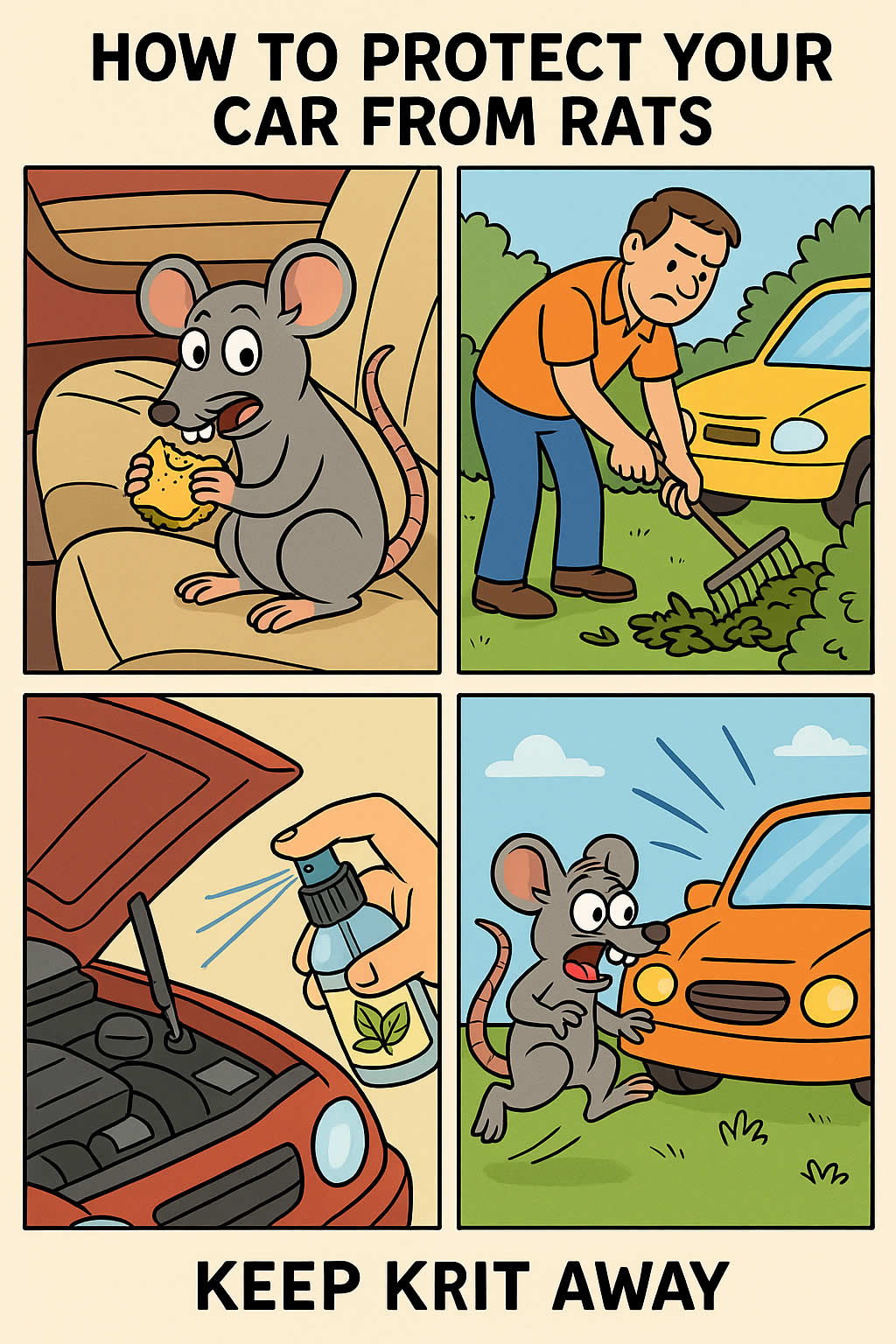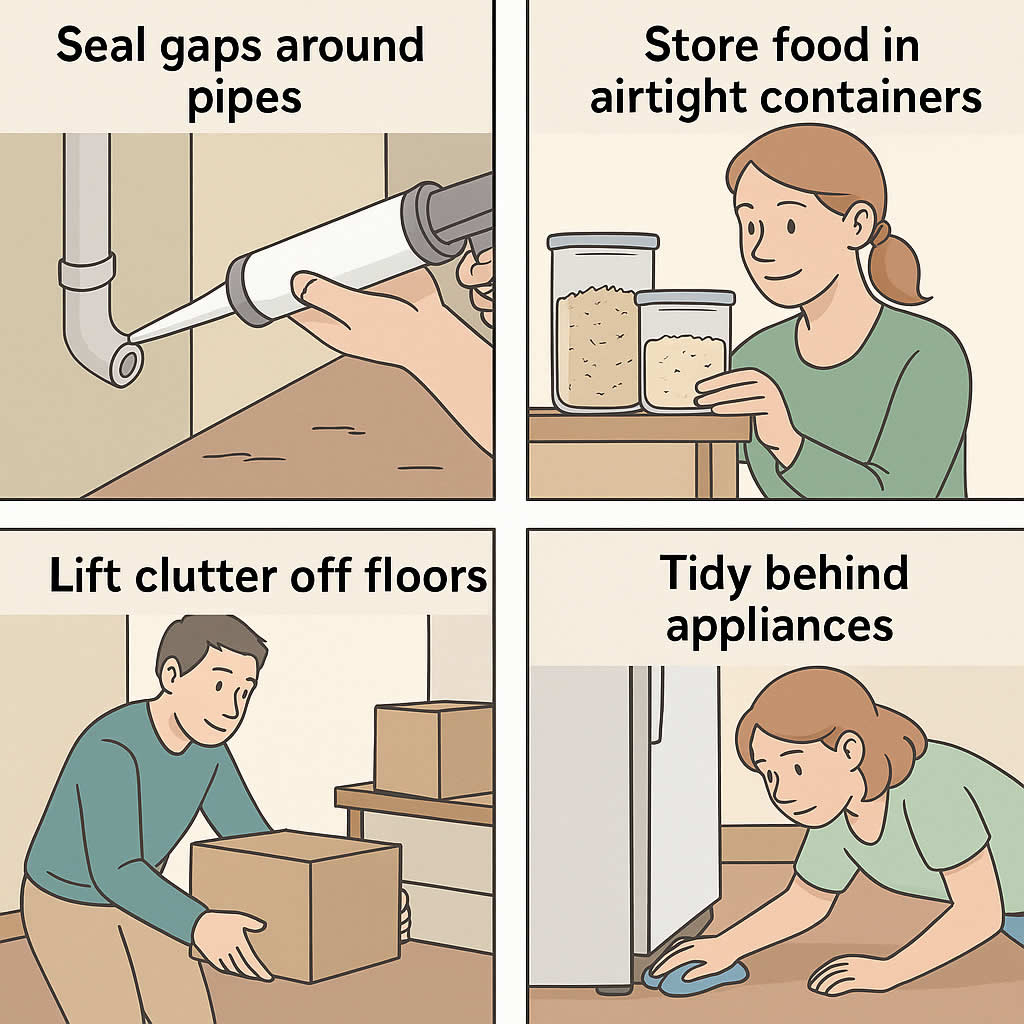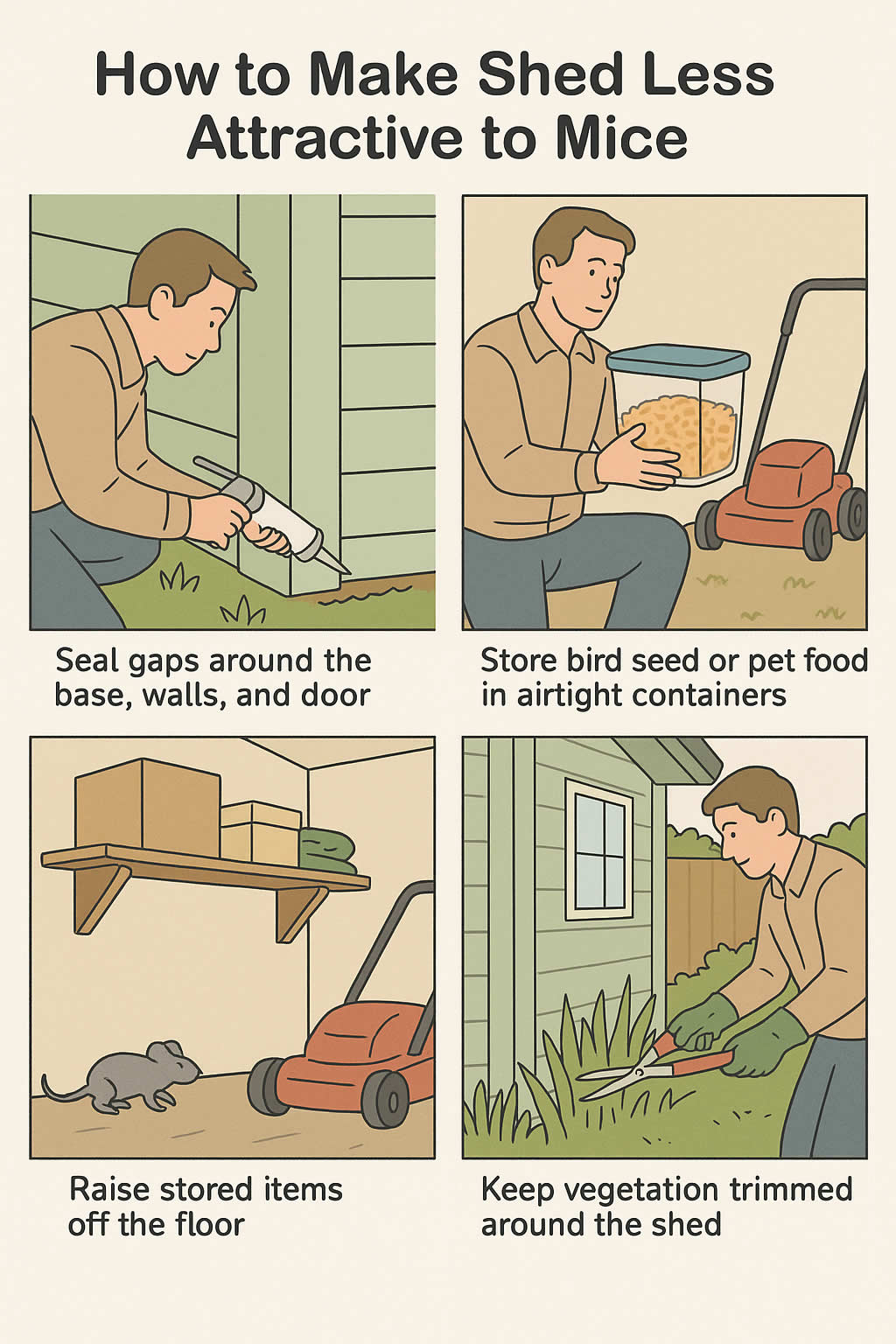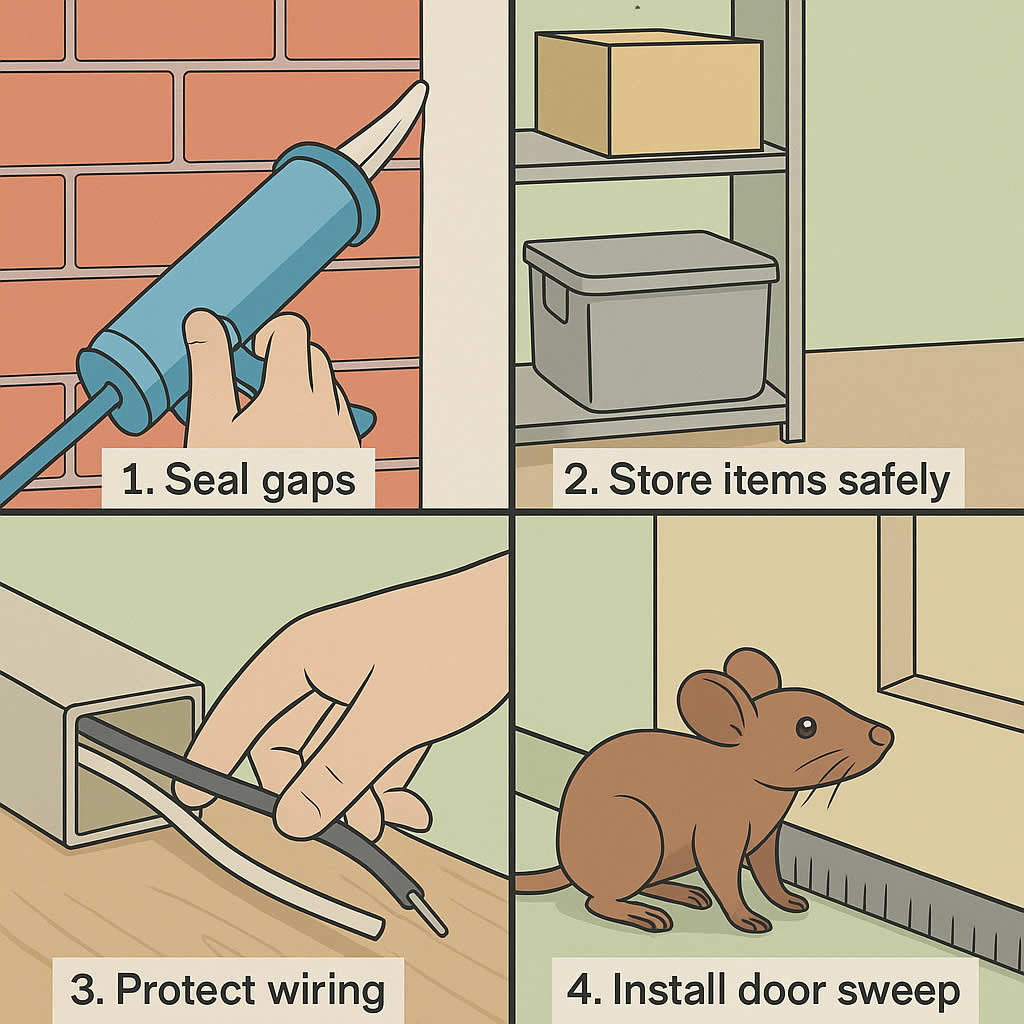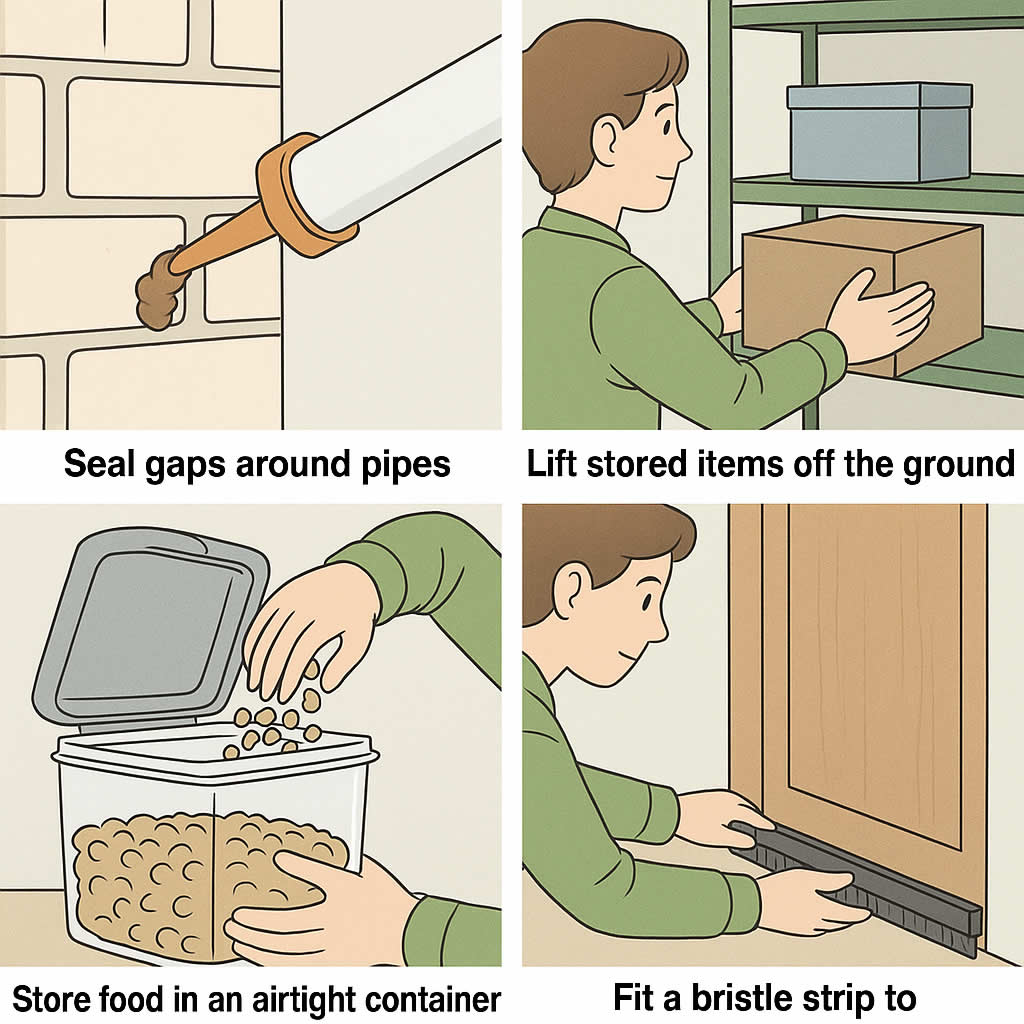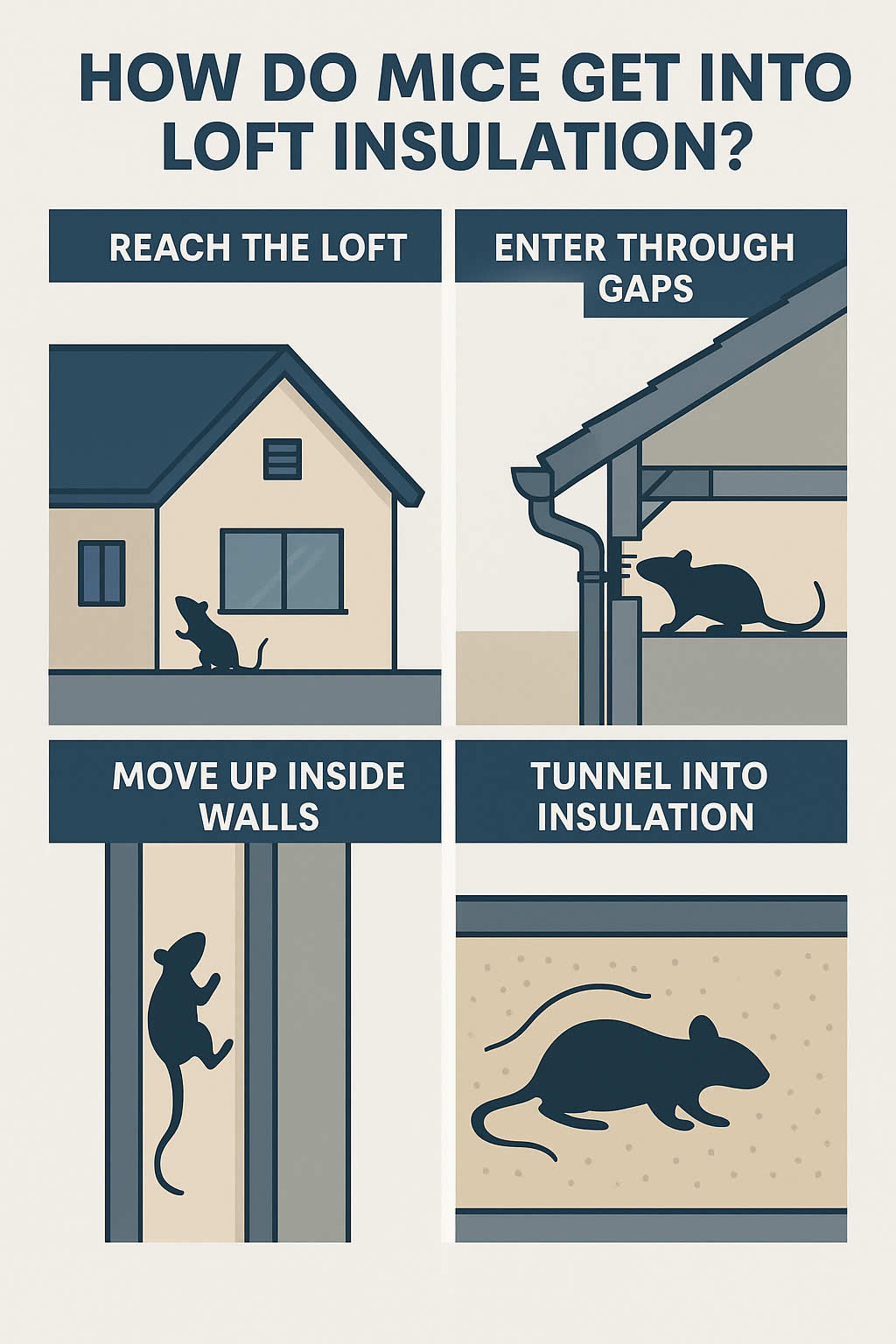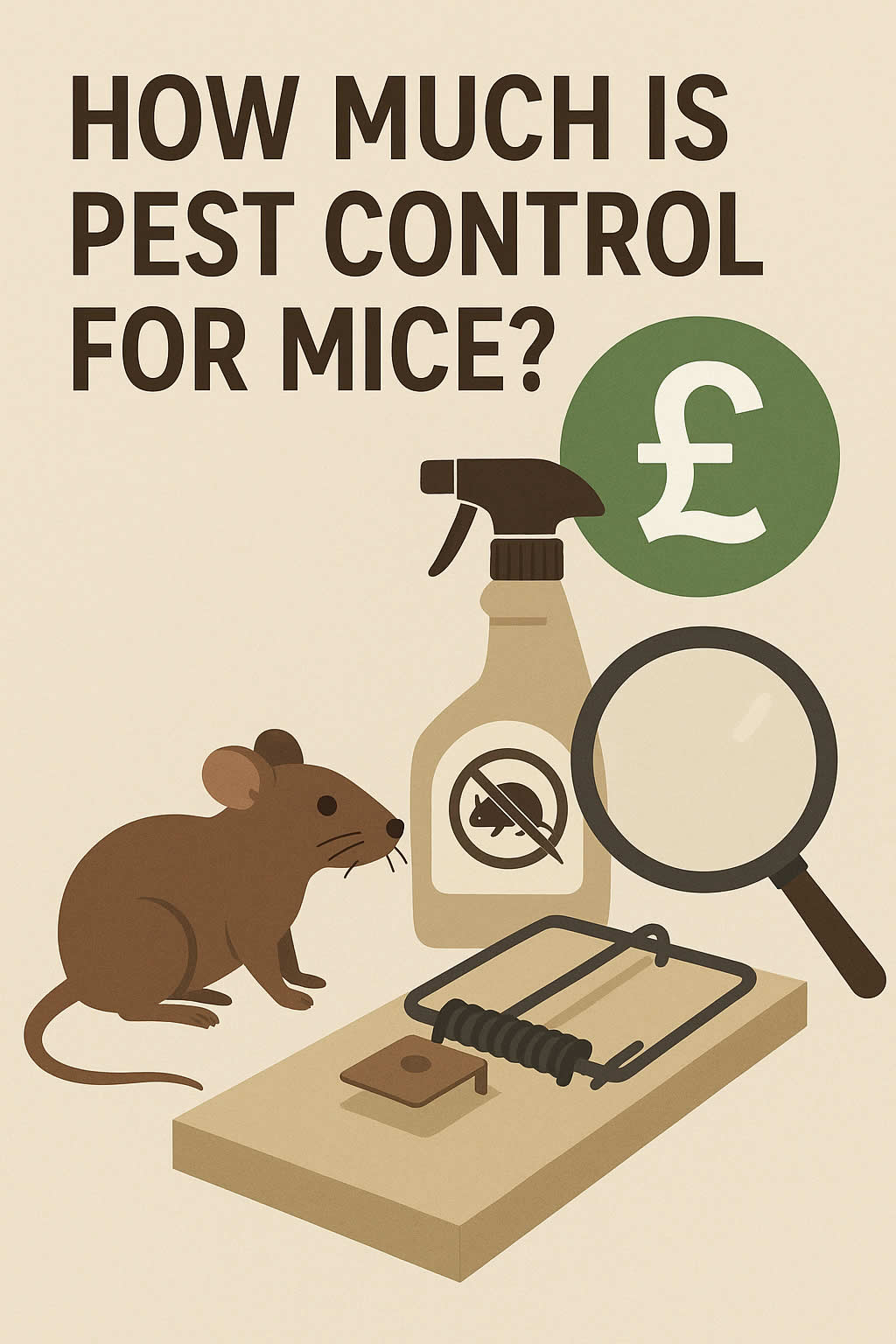Related Queries
ToggleRats and cars might not seem connected at first. But once a rat gets into your engine bay or your cabin, the damage they cause can be serious — and expensive. They chew wires, rip insulation, and leave droppings in hidden corners. You don’t always notice straight away, but over time, your dashboard lights start flickering, your engine behaves oddly, or worse — the car won’t start at all.
For many people, it’s a frustrating cycle. You clean the car, move it, spray a bit of repellent… and still they come back. The problem is, once rats find a quiet, warm place where they feel safe, they’ll keep returning — especially if it’s easy to access and there’s something to eat.
This post will guide you through it all: why rats are drawn to vehicles, the signs to look out for, what actually works to keep them away, and what to do if they’ve already caused damage. Whether you park your car outside, use it every day, or keep it off-road in storage, this guide will help you protect it properly.
Why Rats Are Attracted to Cars in the First Place
You might wonder why a rat would choose a car over, say, a shed or bin. But the truth is, a parked car ticks all the boxes. It’s enclosed, often undisturbed for hours — even days — and once they’re in, it’s hard to get them out. If you understand why rats go for cars in the first place, you’re halfway to stopping them.
Warmth and Shelter Under the Bonnet
Rats aren’t just after food — they’re after shelter. The engine bay of a car is warm, dark, and quiet. In colder weather, that warmth becomes even more attractive, especially at night. And once a rat finds its way in, it’ll return again and again.
They slip in through wheel arches or gaps underneath the engine and curl up under the bonnet, often near the battery or heater. These spots stay warm long after the engine is switched off. If you park your car for long stretches, that gives them even more time to settle in without being disturbed.
Leftover Food and Rubbish Inside the Cabin
It doesn’t take much. A fast food wrapper, a dropped sweet, or a piece of gum is enough to draw them in. If you eat in your car or use it to transport food, check that you’re not accidentally leaving anything behind.
Even sealed packaging can carry a scent that attracts rats. So if you keep snacks in your glovebox or shopping bags in the boot, you could be making the car more appealing without realising. And once they’ve found a food source, they’ll start exploring the vehicle for nesting spots too.
Parking Habits That Increase the Risk
Where you park matters. If your car sits near bins, skips, gardens, or overgrown shrubs, rats are more likely to come close. If it’s not moved often, it becomes just another part of the environment — somewhere safe and familiar for them.
Cars that are stored in garages or sheds aren’t immune either, especially if those spaces have any gaps or signs of previous rodent activity. Rats can squeeze through holes the width of a pen, and once inside, they’ll search every corner for warmth, shelter, or food.
Early Signs Rats Are Targeting Your Vehicle
You don’t always catch the problem right away. But there are signs you can look for — and spotting them early can save you a lot of time and money later on. If you check your car regularly, especially around the engine bay, you can often stop the damage before it becomes serious.
Chewed Wires, Hoses, or Plastic Trims
Rats chew constantly to wear down their teeth. Car wires are soft and rubbery, which makes them ideal targets. You might not notice it straight away, but if you start seeing exposed copper or split casing under the bonnet, that’s a strong sign.
They also go for hoses and plastic components, especially ones tucked away behind panels or near the bulkhead. If you notice rough edges, bite marks, or loose connections, act quickly — even small damage can cause major problems later on.
Strange Smells, Droppings, or Nesting Material
Rats don’t travel light. They bring in leaves, paper, shredded cloth, and other nesting materials. These often show up in corners of the engine bay or underneath seats. If you open the bonnet and see piles of debris or nesting shapes, that’s a clear warning.
You might also notice smells — a mix of urine, droppings, or musty dampness. These build up over time, especially in smaller spaces like glove compartments or air vents. If you’re picking up odd odours while driving, it’s worth checking properly.
Unusual Noises or Warning Lights
When rats start chewing, they often damage key systems. You might notice electrical issues — flickering lights, warning symbols, or problems with the ignition. If you suddenly see lights appear on the dash without a clear reason, rodents could be the cause.
Sometimes, you’ll hear the rats before you see the damage. Scratching, rustling, or tapping noises when you start the engine or turn off the ignition can point to movement inside the dash or engine bay.
Simple but Effective Ways to Keep Rats Away
Once you know your car’s at risk, it’s time to make it as uninviting as possible. The goal is to remove what attracts them and add things that make them uncomfortable. You don’t need to do everything at once — just start with the steps that suit your situation best.
Natural Deterrents and DIY Smells That Work
Rats rely heavily on their sense of smell, and strong scents can throw them off. Peppermint oil is one of the most effective natural deterrents. You can soak cotton balls in it and place them under the bonnet or inside the cabin — just make sure they stay dry.
Cloves, vinegar sprays, and ammonia are also useful, but be careful with anything too strong or corrosive near wires. You can also try placing bars of soap, dryer sheets, or commercial rodent repellents around the tyres and in the boot. These work best as part of a broader strategy, rather than on their own.
Ultrasonic Devices and Motion-Triggered Lights
Electronic deterrents are getting more popular. Ultrasonic devices emit high-frequency sounds that humans can’t hear, but rats find unpleasant. These are easy to fit under the bonnet or in the garage and work best when placed near known entry points.
Motion-triggered lights or alarms can also help. Rats don’t like sudden changes or loud sounds, so lighting up the area around your car at night can make them think twice about approaching. These tools won’t solve the problem completely, but they add another layer of defence.
Routine Checks and Preventive Maintenance
Make it a habit to pop the bonnet and have a quick look around — especially if your car’s been parked for a few days. Look for droppings, chewed wires, or signs of nesting. Early detection makes it easier to stop the damage.
You should also rotate the tyres, clean the interior, and keep the boot clear of clutter. If your car sits for long periods, consider starting the engine every few days and moving the vehicle to change the scent pattern.
What to Do If Rats Have Already Damaged Your Car
Sometimes you only notice rats have been around after the damage is done. Maybe the engine won’t start. Maybe there’s a warning light you can’t explain. Don’t panic. There are steps you can take to assess the situation and stop it from getting worse.
How to Assess the Damage Safely
Start by switching off the engine and opening the bonnet. Use a torch to check wires, belts, and hoses for visible damage. Pay close attention to wiring harnesses, fuses, and areas near the firewall.
Look inside the cabin too — especially around the glove box, under the seats, and in the boot. Check for chewed upholstery, loose panels, or hidden debris. If anything seems out of place, take photos so you can show a mechanic later.
Avoid trying to tape or patch damaged wires yourself unless you know exactly what you’re doing. Improper repairs can cause short circuits or fire risks.
When to Involve Your Mechanic or Insurance
If your dashboard lights won’t switch off, the car won’t start, or your electronics behave strangely, it’s time to call a mechanic. Most garages are familiar with rodent-related issues, and they’ll know where to look and what to test.
In some cases, the cost of repairs might be covered by your car insurance — especially if the damage is extensive. Check your policy or speak to your provider to find out what’s included.
It’s also worth letting them know about the infestation. If you’ve had a repeat problem, it might be a sign that your parking or storage situation needs to change.
How to Stop Them Coming Back Again
After repairs, make sure the car is cleaned thoroughly — inside and out. Remove any nesting material, clean all surfaces, and apply deterrents straight away. If the rats found it once, they’ll try again, especially if they left scent trails.
Seal up your garage or parking area as best you can. Block off gaps in fences, walls, or sheds, and avoid keeping bins or compost too close. The more effort you put into prevention now, the less chance you’ll have of dealing with this again in future.
Our Final Say!
Rats in your car aren’t just a nuisance — they’re a real risk to your safety and your wallet. The damage they cause can affect everything from your headlights to your ignition system, and the longer they go unnoticed, the worse it gets.
But you’re not powerless. Once you understand what attracts them, how to spot the early signs, and what actually works to keep them out, you can take back control. Whether it’s using natural deterrents, parking smarter, or checking under the bonnet once a week, the little steps really do add up.
So don’t wait until your engine won’t start or your dash lights up with warnings. Start protecting your car now. Make it a place rats don’t want to be — and keep it that way.

